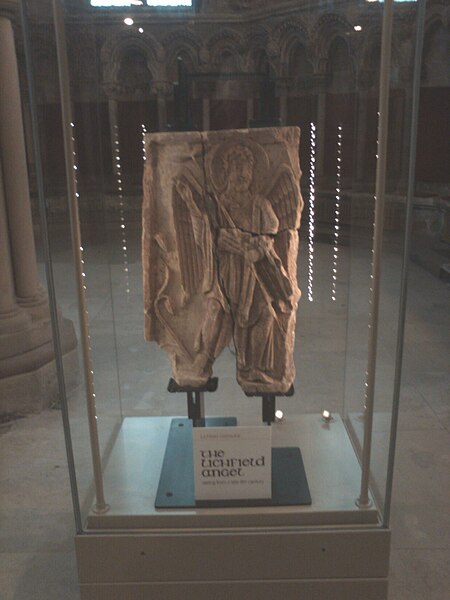Infinite photos and videos for every Wiki article ·
Find something interesting to watch in seconds
British Monarchs
Celebrities
Great Cities
Great Museums
Famous Castles
Presidents
Largest Palaces
Wonders of Nature
History by Country
Largest Empires
Supercars
Orders and Medals
Countries of the World
Ancient Marvels
Best Campuses
Crown Jewels
Kings of France
Recovered Treasures
Rare Coins
Animals
World Banknotes
Tallest Buildings
Sports
Richest US Counties
Wars and Battles
Great Artists
more top lists



